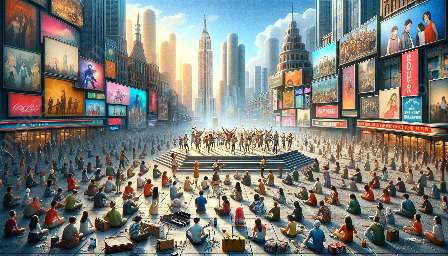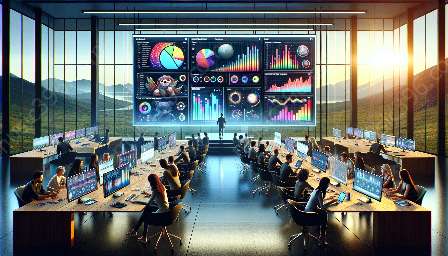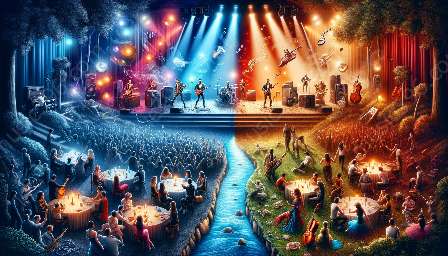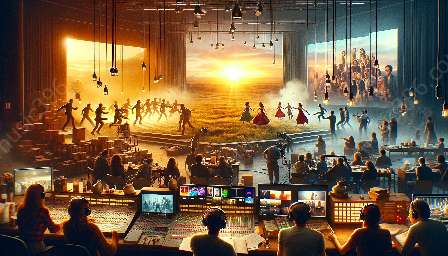Pop music has undergone significant changes over the years, with modern pop music reflecting the evolving tastes and trends of today's generation. Understanding the key differences between modern pop music and traditional pop music can provide valuable insights into the evolution of this genre.
Diverse Influences
One of the fundamental differences between modern pop music and traditional pop music lies in the diverse influences that shape each era's sound. Traditional pop music often drew from a more limited pool of musical influences, such as jazz, blues, and folk music. In contrast, modern pop music incorporates a wide range of genres, including electronic, hip-hop, and R&B, resulting in a more eclectic and innovative sound.
Technological Advancements
The technological advancements of the modern era have revolutionized the production and distribution of pop music. Traditional pop music relied on analog recording techniques and physical distribution of records and CDs, whereas modern pop music benefits from digital production tools, streaming platforms, and social media for promotion and sharing, leading to greater accessibility and global reach.
Lyrical Themes and Content
Another key difference lies in the lyrical themes and content of modern pop music versus traditional pop music. While traditional pop music often focused on love, romance, and personal experiences, modern pop music explores a wider range of topics, including social issues, mental health, and empowerment, reflecting the evolving cultural and societal landscape.
Production Techniques
The production techniques used in modern pop music have also experienced a significant shift compared to traditional pop music. Modern pop music often embraces complex production, incorporating elements such as electronic beats, auto-tune, and digital editing to create a polished and futuristic sound, whereas traditional pop music relied on more organic and analog recording methods.
Cultural Impact and Globalization
Modern pop music has vastly expanded its cultural impact and globalization compared to traditional pop music. With the rise of social media and digital platforms, modern pop artists have a global reach, connecting with diverse audiences across borders and cultures, resulting in a more inclusive and diverse landscape for pop music.
Evolution of Sound and Style
Finally, modern pop music has led to a significant evolution of sound and style, with artists and producers continually pushing boundaries and experimenting with new sonic elements and fashion trends. This constant evolution is a defining characteristic of modern pop music, setting it apart from its traditional roots.























